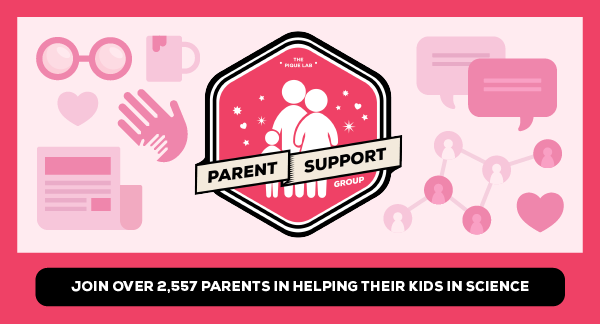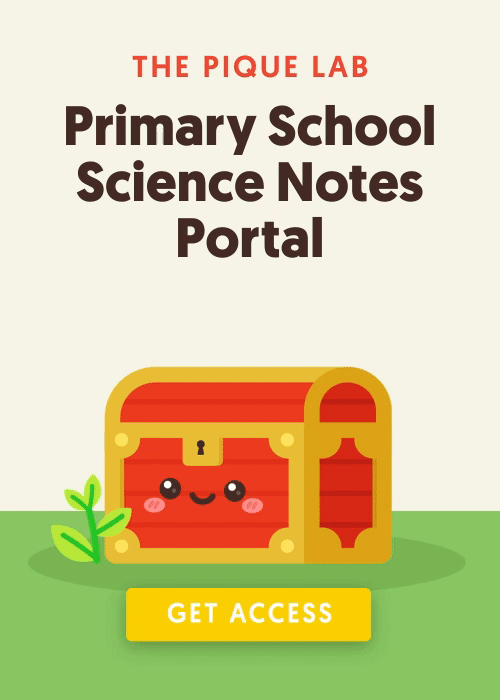In the past, teachers in primary schools, secondary schools and junior colleges often “spoon-feed” their students with answers to questions and the same kind of questions will come out during major examinations. Students have to simply regurgitate whatever they have seen in the answer keys.
However, there is a shift in the teaching pedagogy of the education system in Singapore recently.
In every major examination, one or two unorthodox questions like the “birthday” question, a question which was set in the recent PSLE Mathematics examination, will be tested. These are the ones that public school teachers will not prepare their students for.
Read Also
If teachers in schools are unable to prepare their students for this kind of question, how do you ensure that your children can solve this kind of questions?
The answer is simple. Your child needs to learn independently.
What is “Independent Learning” exactly?
Independent learning is a form of learning whereby students are able to manage their own studies by coming up with their own study plan and executing it with little support from teachers at school.
An example of independent learning is one whereby a student sources for questions on the Internet and attempts those which are unfamiliar to him or her. This strengthens his or her concept for a topic.
Simply completing homework given by teachers and receiving it back when they are marked is not considered independent learning.
The Importance of Independent Learning
Most public school teachers will only give exercises from the textbook or past year papers but this will be insufficient in the near future.
To do well, students will also have to truly understand the concepts covered during examinations and learn to utilise the internet and expose themselves to questions which the teachers have not went through in class.
Independent learning is also a useful “must have” skill when students enter university and eventually go to work.
It brings about several benefits such as training a student to have a more independent, motivated and initiative character.
Independent learning will also improve a student’s soft skills such as their time management and organisation skills through the creation and execution of his or her study plan.
So what are you waiting for? It is time to start training your children to be independent learners!
How can your child become an independent learner?
Independent learning is not as easy as it sounds.
An independent learner possesses a set of skills that allows him or her to learn without much support.
For your child to be able to learn independently, he or she need to master the 9 essential skills below.
#1 Skill – Close Reading
Your child needs to be able to engage in close reading. He/ She needs to be able to pay close attention to every word and understand their meaning since no one is going to break down these words and explain the meaning of it.
This is especially essential when it comes to learning definitions of scientific terms where the few words in a single sentence summarises the whole concept.
#2 Skill – Research Skills
Your child needs to be able to draw information from a variety of sources because information is not going to be provided in independent learning.
#3 Skill – Speed Reading
When people intend to learn concepts independently, they will expose themselves to a great deal of information online as aforementioned.
Some of these information are relevant but others are not.
Thus, your child needs to be able to quickly read and filter out whatever is important and summarize them into his or her notes.
#4 Skill – Work Alone
Your child needs to learn to work alone for long periods of time without constantly seeking the support from others.
#5 Skill – Perseverance
Many people will often take the easy way out and seek help from others when they encounter problems. This may speed up the process of learning in the short run.
However, in the long run, this only causes one to be dependent on others.
Hence, if your child faces a challenging task, he or she must learn not to give up on the first try. He or she must learn to spend a little bit of time and persevere until a solution is found.
Read Also
#6 Skill – Seek Help If Necessary
Contrary to point 5, if lots of time has been spent on the same question, your child needs to learn how to ask for help and advice.
This is an important skill to independent learning because your child is unlikely to be spoon-fed with all the answers he or she needs.
#7 Skill – Discussions
Your child will be able to think out of the box when he or she discusses concepts with others because this can help him or her think about an element that was not previously considered.
#8 Skill – Setting Goals
Setting goals is always essential in any task because it helps people think of what they plan to achieve.
Hence, acquiring this skill will guide your child along and also motivates him or her to push on.








